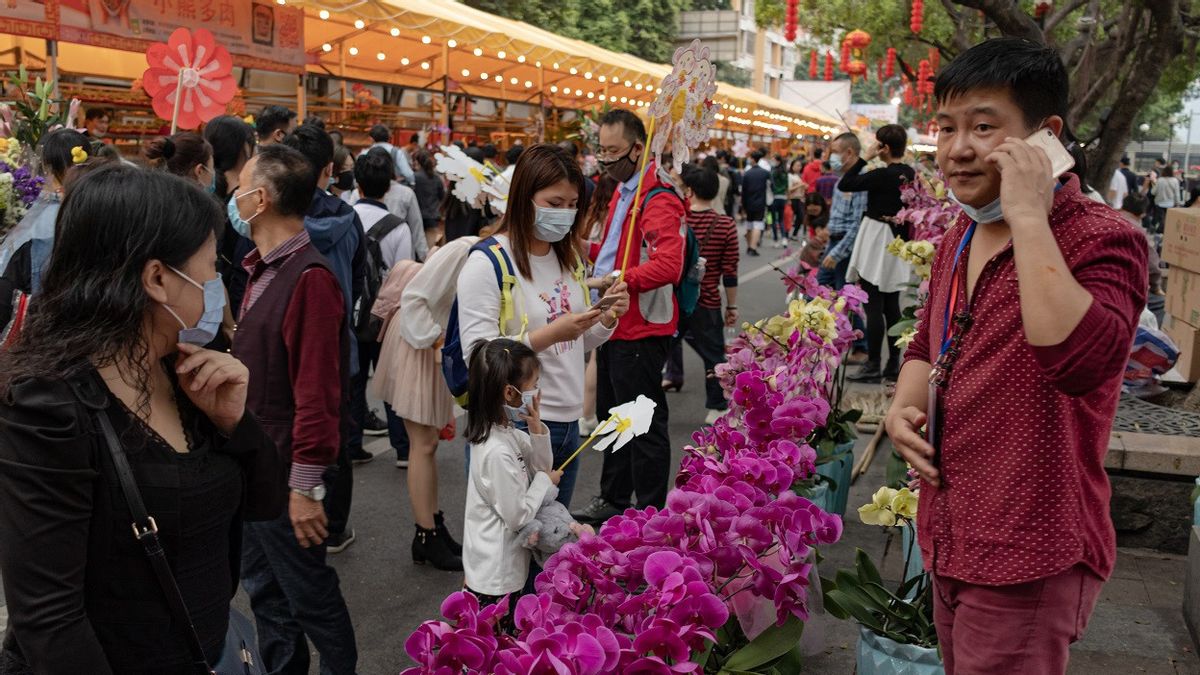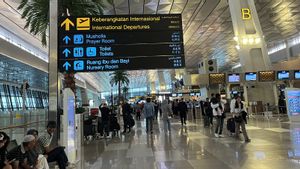China on Wednesday announced the most violent anti-COVID-19 changes since the pandemic began three years ago, easing rules that contain the spread of the virus but have crippled the world's second-largest economy and sparked protests.
The relaxation of the rules, which include allowing infected people with mild or asymptomatic symptoms to be quarantined at home and stopping testing for people traveling within the country, is the strongest sign that Beijing is preparing its people to live with the disease.
Most cases of coronavirus infection show no symptoms or mild without requiring special care, the National Health Commission (NHC) said in a statement.
"Symptomatics and mild cases can be isolated at home while strengthening health monitoring, and they can be transferred to designated hospitals for treatment on time if their condition worsens," the NHC said.
For nearly three years, China has managed COVID-19 as a dangerous disease equivalent to bubonic plagues, but since last week, top officials have recognized the reduced ability of the virus to cause disease, while some Chinese experts say it is no more deadly than seasonal influenza.
Changes in quarantine protocols reflect adjustments in preventive and control measures in accordance with the characteristics of viral mutations, the NHC said.
Home isolation for the infected marks significant changes to the rules.
At the start of the year, entire communities were locked, sometimes for weeks, even after only one positive case was discovered. Last month, new, not too strict quarantine rules required only the lockdown of the affected buildings.
High-risk areas must be accurately determined based on buildings, units, floors and households, not to be arbitrarily extended to all housing complexes and communities, the NHC said.
Health authorities are urging regions to "firmly improve the simplified one, measure one for all, and add extra action" for the prevention of COVID and to reject and address "formalism and bureaucracy".
Many of the changes announced by the National Health Commission (NHC), reflecting the steps that have been taken in various cities and territories in recent days, following protests against COVID-19 control which is the biggest public dissatisfaction demonstration since President Xi Jinping came to power in 2012.
Even so, residents welcomed the prospect of a shift that could make China slowly reappear to the world, three years after the virus broke out in the center of Wuhan at the end of 2019.
"It's time for our lives to return to normal, and China to come back into the world," wrote one Weibo user.
Some investors also welcome changes that could revive China's weakening economy and currency, as well as drive global growth.
"This policy change is a big step forward," said Zhiwei Zhang, chief economist at Pinpoint Asset Management.
"I hope China will fully reopen its borders by mid-2023," he continued.
However, NHC spokesman Mi Feng said at a press conference any changes in travel-related actions would be "stage up".
The English, Chinese, Japanese, Arabic, and French versions are automatically generated by the AI. So there may still be inaccuracies in translating, please always see Indonesian as our main language. (system supported by DigitalSiber.id)













